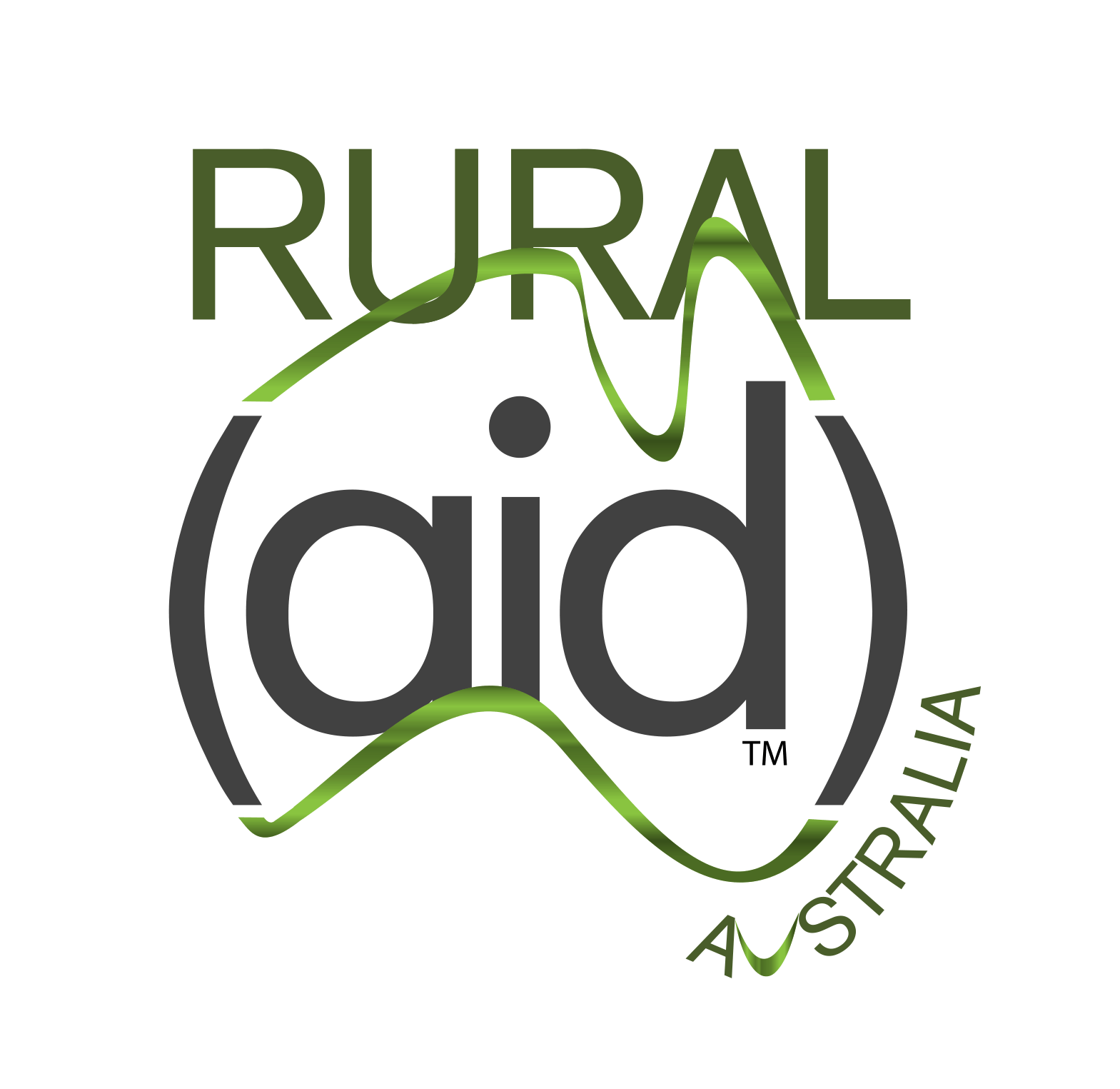
Recovering from a natural disaster is a harrowing process that can take months, sometimes even years. But to go through the physically and financially exhausting effort of rebuilding only to be devastated time and time again is a torturous experience like no other.
This is the reality many of our farmers have faced in the last several years, including those making a living in Orbost, where severe drought conditions were quickly replaced by a series of extreme flooding events that wreaked havoc on the Victorian dairy and cattle farming region over four long years.
Orbost dairy farmer, Tim Barnes, said with his property going underwater seven or eight times consecutively he simply gave up on trying to rebuild, until he received a call from Rural Aid offering volunteer assistance.
“It’s so wet that you can’t get down for a long time to do anything. I got a phone call from Rural Aid a couple of weeks ago and offering to help and I took them up on it. It’s really nice of them, I didn’t expect that,” Tim said.

Neighbouring cattle farmer, Ken Heyne, also faced a complete wipe out of his pastures and crops with his land remaining under floodwater for weeks at a time.
“The water just lays and kills all the grass, and all your vegetation just dies off so you’re completely working from a blank canvas again. You have to re-seed and it’s a very costly process,” Ken said.

Orbost is just one of many farming regions in the country struggling to contend with the relentless hardship the last several seasons have presented.
According to the National Farmer Wellbeing Report commissioned by Norco, natural disasters ranked as the top factor impacting farmer mental health at 47%, with financial stress (36%) and inflation and cost pressures (35%) closely following.
The same report cited more than 30% of Australia’s vegetable growers are looking to exit the industry, and nearly half of Australian farmers (45%) have been depressed, with almost two thirds (64%) experiencing anxiety, and a rural suicide rate sitting at almost double that of metro regions.

These are frightening statistics that serve as a warning of the challenges facing our farmers as well as the impacts their struggles could ultimately have on consumers in terms of produce availability and pricing. But in many cases, a little support can go a long way in assisting in disaster recovery, keeping struggling farms operational, and supporting those suffering mental health challenges.
Both Tim and Ken agreed the support they received from Rural Aid volunteers made a significant contribution to their recovery efforts, which in turn bolstered their spirits in the depths of despair.

“It takes a lot of time when you’re doing it on your own. What we’ve done in a day would’ve taken me a week and a half, two weeks at least,” Ken said.
Rural Aid will continue to stand with our farmers when they need it most, offering vital financial, volunteer, resource, and counselling assistance when and where it’s needed most. A strong farming industry means a stronger Australia, and from the farm to the table… every plate tells a story.

